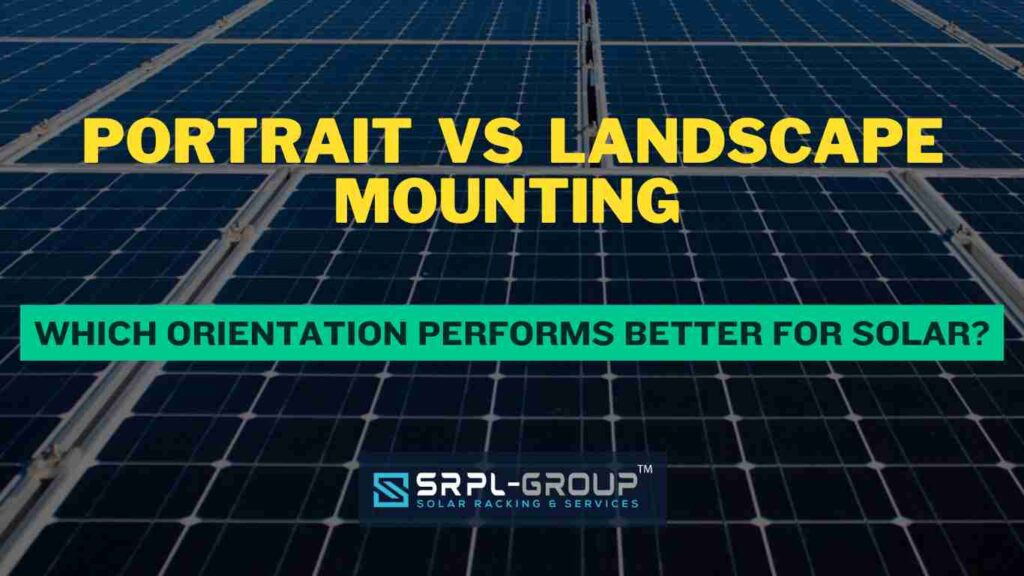Menu
Close
- Racking SystemGround MountCarportTrackerFlat RoofMetal RoofFloating SolarCleaning SystemSafety AccessoriesMobile Racking SystemGround Mount
Ground Mount
- Ground Rack 2P (Portrait)
- Ground Rack 4L (Landscape)
- Ground Rack Dual 1P (Landscape)
- Ground Rack Dual 2P (Portrait)
- Fence Rack
CarportCarport
- Carport-Rack -Aluminium (Portrait)
- Carport-Rack -Aluminium (landscape
- Carport-Rack -Ferrous (Portrait)
- Carport-Rack -Ferrous (landscape)
- Carport-Rack for truck terminal
TrackerTracker
- Manual – Single-axis trackers
- Manual – Dual-axis trackers
- Motor – Single-axis trackers
- Motor – Dual-axis trackers
Flat RoofMetal RoofMetal Roof
- Short Rack – LS 21
- Short Rack – PT 41
- Short Rack – PT 47
- Short Rack – LS 47
- Short Rack – PT 70
- Short Rack – LS 85C
- Short Rack – LS 100
- Short Rack – PT 100
- Short Rack – PT LITE
- Short Rack – PT 125
- Short Rack – PT 300
- Counter Rack – Portrait
- Counter Rack – Landscape
- Counter Rack – East-West Slope
- Long Rack -Portrait
- Walk Rack – Aluminium
- Walk Rack – FRP
Floating SolarFloating Solar
- Floating PV Solar Mounting Structure
Cleaning SystemCleaning System
- Cleaning Robotic dry cleaning system
- Cleaning Robotic water cleaning system
- Solar PV Cleaner
- Cleaning Equipments & Accessories
Safety AccessoriesMobile Racking SystemMobile Racking System
- Mobile PV Rack
- Services
- Downloads
- Company
- Contact
- Racking SystemGround MountCarportTrackerFlat RoofMetal RoofFloating SolarCleaning SystemSafety AccessoriesMobile Racking SystemGround Mount
Ground Mount
- Ground Rack 2P (Portrait)
- Ground Rack 4L (Landscape)
- Ground Rack Dual 1P (Landscape)
- Ground Rack Dual 2P (Portrait)
- Fence Rack
CarportCarport
- Carport-Rack -Aluminium (Portrait)
- Carport-Rack -Aluminium (landscape
- Carport-Rack -Ferrous (Portrait)
- Carport-Rack -Ferrous (landscape)
- Carport-Rack for truck terminal
TrackerTracker
- Manual – Single-axis trackers
- Manual – Dual-axis trackers
- Motor – Single-axis trackers
- Motor – Dual-axis trackers
Flat RoofMetal RoofMetal Roof
- Short Rack – LS 21
- Short Rack – PT 41
- Short Rack – PT 47
- Short Rack – LS 47
- Short Rack – PT 70
- Short Rack – LS 85C
- Short Rack – LS 100
- Short Rack – PT 100
- Short Rack – PT LITE
- Short Rack – PT 125
- Short Rack – PT 300
- Counter Rack – Portrait
- Counter Rack – Landscape
- Counter Rack – East-West Slope
- Long Rack -Portrait
- Walk Rack – Aluminium
- Walk Rack – FRP
Floating SolarFloating Solar
- Floating PV Solar Mounting Structure
Cleaning SystemCleaning System
- Cleaning Robotic dry cleaning system
- Cleaning Robotic water cleaning system
- Solar PV Cleaner
- Cleaning Equipments & Accessories
Safety AccessoriesMobile Racking SystemMobile Racking System
- Mobile PV Rack
- Services
- Downloads
- Company
- Contact
